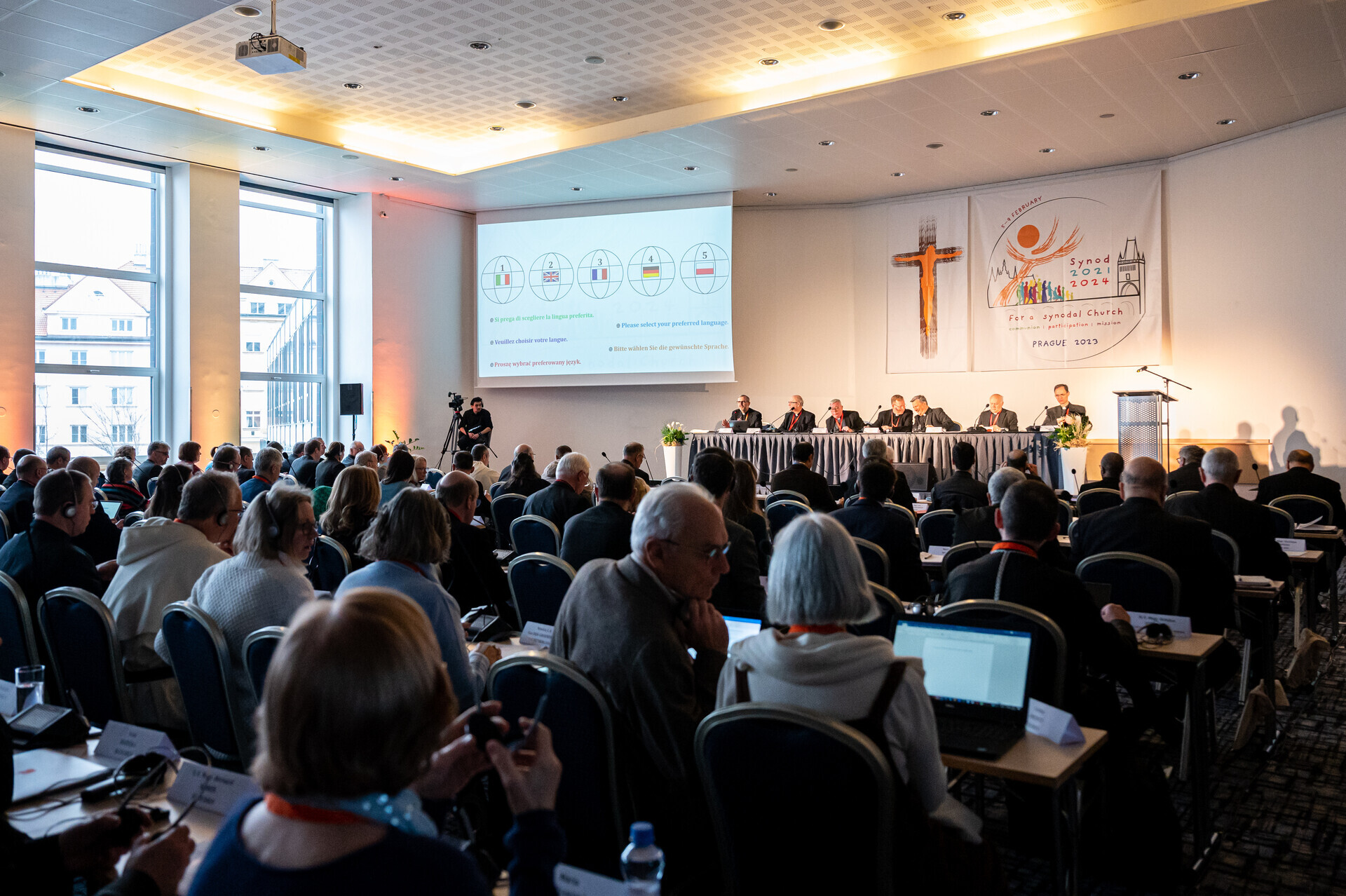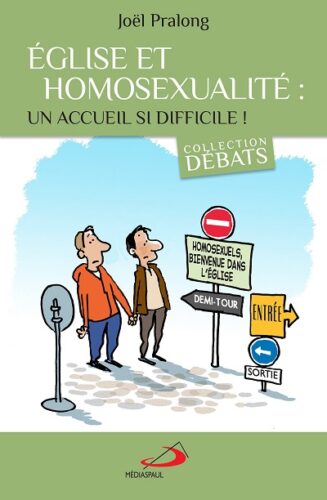Earlier this month, the Catholic Church in Europe held its continental meeting in Prague, as part of the church’s worldwide Synod. Some 200 delegates from all national bishops’ conferences converged in this beautiful city to discuss the synodal experience in each of their churches. I was there as well, not as a delegate, but as an onlooker and a well-wisher to the sisters and brothers who had come together for this deeply engaging experience of synodality.
While I cannot comment on the internal workings of the meetings, I want to share a few reflections on the experience and what it means for us ordinary Catholics, and for people like myself who find ourselves on the periphery.
The continental meeting was held between February 5 to 11, and saw national delegations from all of Europe attending in person, with representatives of another 40 organizations specially invited to attend these meetings. There were also several other delegates attending online.
In this respect, this was a novelty, since many similar events in the life of the church are open only to clergy and bishops.
How wonderful it would be if the church were to invite members of the LGBTQ community to the Synod to share their experiences.
The presence of so many women, lay people, married men and women and people from all walks of life gave the synodal meeting a representational element that few other high-level meetings of the church have had. That was, in itself, both groundbreaking and positive.
The diversity of cultural representations along deep geopolitical fault lines was to be expected, but like every synodal or conciliar experience, such diversity was to be embraced. From what I read, while there were deep divergencies on various issues, it was still a positive development that delegates were gathered together and were sharing their experiences and thoughts in a spirit of fraternity.
It was significant, too, that LGBTQ topics and other contentious issues were on the table, rather than kept invisible.
As a Catholic believer, I thank the Lord for this opportunity for spiritual enrichment. The very fact that people come together and share the commonality of faith and dialogue over divergencies is itself positive and an act of grace. On the other hand, as a Catholic believer who has struggled with “shame” as an insider and outsider, I feel that more needs to be done.
As an LGBTQ person who is also deeply involved with the Catholic faith, I cannot help but feel the tremendous gap between doctrinal positions and the grounded reality that many of us on the peripheries live. This was palpable in many of the synodal discussions.
It is not an easy question, and it has vexed the church ever since the modern age. It requires a lot of discernment and one that I hope will be at the heart of this synodal experience.
As I see it, the synod might ask itself the following questions: Should the language or content of the church’s teachings on this topic remain entirely unchanged? Likewise, how much of it might be renewed or updated to better reflect on how God is working in the daily lives of LGBTQ people?
The cultural experiences of various parts of the world on these matters are very different, and so it is no wonder that views on these issues are so far apart in different places in the church. But some questions for all of us may be: What is the Holy Spirit asking of us? Where is the Holy Spirit active? And through whom might the Holy Spirit be inviting us to see things anew?
One way forward in this discernment process is readily available, even if not often tapped. This is the real-life experience of many people who live in their own flesh the sexual and gender difference as LGBTQ persons. How wonderful it would be if the church were to invite members of the LGBTQ community to the Synod to share their experiences, to share their “joys and hopes and griefs and anxieties,” using the language of the Second Vatican Council.
LGBTQ people are not objects of ecclesial scrutiny. We are flesh-and-blood people.
How enriching it would be to hear from other minorities about their own experience in the church and to reflect on their personal witness to faith. It would be good to ponder the experiences of same-sex couples who have been together for decades, loving, forgiving and supporting each other despite what society (and sometimes the church) throws at them.
How can the church be closer to this part of the Body of Christ? How can it truly walk besides them, as a mother would?
The synodal experience is a long and enriching one, marked with many opportunities. We may be afraid that the consistency of church doctrine might somehow be jeopardized; that is understandable. Yet, my appeal to the church is to walk with us.
LGBTQ people are not the objects of ecclesial scrutiny. We are flesh-and-blood people. Get to know us. Speak with us. Let us walk this path together.




